Introduction
Do you know counterfeit products cost businesses over $500 billion annually? From fake medicines to imitation luxury goods, counterfeit items harm brands and put consumers at risk. For supply chain managers and retailers, ensuring product authenticity has become a top priority.
This is where NFC (Near Field Communication) and RFID (Radio Frequency Identification) technologies step in. These innovative solutions offer a reliable way to verify product authenticity, enhance supply chain security, and build consumer trust. By embedding NFC or RFID tags into products, businesses can track items in real time and prevent counterfeiting. It will also help to engage customers with smart and interactive labels.
Let’s explore how NFC and RFID transform product authentication and why they are essential tools for modern supply chains and retail operations.
Understanding NFC and RFID Technology
NFC (Near-Field Communication) and RFID (Radio Frequency Identification) help businesses track and authenticate products. They use wireless signals to transfer data, making checking product details and verifying authenticity easy.
What is NFC?
NFC is a short-range wireless technology that works when two devices are close. It is commonly used in contactless payments, mobile wallets, and product authentication. Many brands now add NFC tags to products so customers can scan them with a smartphone to check their authenticity. For example, luxury brands and wine companies use NFC to prove authenticity and protect against fakes.
What is RFID?
RFID uses radio waves to identify and track items from a distance. Unlike NFC, RFID tags can be read without direct contact, even from several meters away. There are three main types:
· Passive RFID: No battery; powered by the scanner. Used for inventory tracking.
· Active RFID: Has a battery and sends signals continuously. Used in logistics and supply chains.
· Semi-passive RFID: Has a battery but only activates when scanned. Used in specialized tracking.
Many retailers, warehouses, and pharmaceutical companies use RFID to monitor inventory, prevent theft, and ensure products move smoothly through the supply chain.
Key Differences and How They Work Together:
Here is how they work and their differences:
· Range: NFC works at short distances, while RFID can work over long distances.
· Usage: NFC is often used for authentication and customer engagement, while RFID is mainly used for tracking and logistics.
· Technology: NFC is a type of RFID, but it requires closer contact to function.
Many businesses use both NFC and RFID together. For example, a retailer may use RFID to track shipments and NFC to let customers verify a product’s authenticity in-store.
The Role of NFC/RFID in Product Authentication
NFC and RFID technologies are changing how businesses tackle product authentication. They offer simple yet effective ways to verify authenticity, track products, and engage customers.
Preventing Counterfeits
Counterfeit products are a significant issue in the fashion, electronics, and pharmaceutical industries. NFC and RFID tags help stop this problem by allowing businesses and customers to verify if a product is genuine.
For example, luxury brands like Louis Vuitton use NFC tags on bags and shoes. Customers can scan the tag with a smartphone to check if the product is genuine. This reduces fraud and protects brand reputation.
Enhancing Supply Chain Security
Supply chains are complex, with products moving through many hands before reaching stores. RFID tags help track items at every stage, ensuring they are not replaced with fake goods. Walmart and Amazon use RFID to monitor inventory and prevent theft. This technology helps businesses know exactly where their products are at all times.
Boosting Consumer Trust and Engagement
Customers today want to know where their products come from. NFC allows brands to give them instant access to product details with a simple smartphone scan. For example, NFC tags let buyers check a bottle’s origin, ingredients, and authenticity in the wine industry. This builds trust and improves the shopping experience.
By using NFC and RFID, businesses can protect their products, secure their supply chains, and give customers confidence in their purchases.
Benefits for Supply Chain Managers and Retailers
NFC and RFID technologies offer clear advantages for supply chain managers and retailers. These tools help improve security, efficiency, and customer trust.
· Improved Supply Chain Security: With NFC and RFID, businesses can track products at every stage of the supply chain. This reduces the risk of counterfeit goods entering the system. It also makes spotting and addressing issues like theft or tampering is easier.
· Operational Efficiency: NFC and RFID automate many tasks, like inventory management. Instead of manually counting items, employees can scan multiple products at once. This saves time, reduces errors, and speeds up stock checks and order fulfillment processes.
· Cost Savings: Businesses can avoid significant losses by preventing counterfeits and theft. NFC and RFID also help streamline operations, reducing wasted time and resources. Over time, these savings can outweigh the initial investment in the technology.
· Enhanced Customer Trust: For retailers, NFC and RFID provide a way to prove product authenticity. Customers can verify items with a simple scan that will help build brand confidence. This leads to higher customer satisfaction and loyalty.
NFC and RFID solutions make supply chains more secure, efficient, and customer-friendly. They are a wise investment for businesses looking to stay ahead in today’s competitive market.
Use Cases & Industry Applications
Many industries use NFC and RFID to protect products, prevent fraud, and improve supply chain efficiency. Here are some key areas where these technologies make a difference.
1. Retail & Luxury Goods
Fake luxury products are a big problem. Many brands now embed NFC tags in handbags, shoes, and watches. Customers can scan these tags with a smartphone to check authenticity. RFID also helps retailers track inventory, reduce theft, and improve stock management.
2. Pharmaceuticals
Counterfeit medicines are a serious health risk. Pharmaceutical companies use RFID to track drugs from production to delivery. Hospitals and pharmacies can scan RFID tags to confirm that medicines are real and safe to use. Some companies also use NFC labels on packaging to let customers verify authenticity.
3. Electronics & Automotive
Fake electronic parts can cause product failures and safety hazards. Manufacturers use RFID to track components and ensure only genuine parts are used in assembly. Car makers also embed RFID in vehicle parts to prevent counterfeit replacements from entering the market.
These industries show how NFC and RFID improve security, prevent fraud, and build trust. More businesses are adopting these technologies to protect their products and customers.
NanoMatriX NFC/RFID Solutions: Securing Your Supply Chain
NanoMatriX provides advanced NFC and RFID solutions to help businesses fight counterfeiting and improve supply chain security. Our technology ensures real-time product authentication, secure tracking, and better customer engagement.
Why Choose NanoMatriX?
· Reliable Product Authentication: Our NFC and RFID tags help businesses verify product authenticity instantly and prevent fraud.
· Enhanced Supply Chain Security: We offer customized tracking solutions to monitor inventory at every stage, reducing losses and theft.
· Easy Integration: NanoMatriX solutions work with existing inventory and security systems, making implementation smooth.
· Proven Success: Many global brands trust us to protect their products and boost consumer confidence.
Using NanoMatriX NFC/RFID technology, businesses can strengthen their supply chains, reduce risks, and offer customers a trusted shopping experience.
Implementing NFC/RFID for Product Authentication
Here are the steps to implement NFC/RFID for product authentication:
· Choose the Right Tags: Businesses need to select NFC or RFID tags based on their needs. NFC is great for customer authentication, while RFID is better for tracking products across the supply chain.
· Set Up Scanners and Readers: RFID readers can be placed in warehouses and stores to track items automatically. NFC works with smartphones, making it easy for customers to verify products.
· Connect to a Secure Database: Every tag should be linked to a database that stores product details and authentication records. This helps businesses and customers check if an item is genuine.
· Train Staff and Educate Customers: Employees should understand how to use RFID/NFC tools, and customers should be encouraged to scan NFC tags for authentication.
Challenges and Considerations
While NFC and RFID offer many benefits, there are some challenges to keep in mind before implementing these technologies.
Implementation Costs
Setting up NFC and RFID systems can require a significant upfront investment. This includes the cost of tags, readers, and software. However, the long-term savings often justify the initial expense.
Integration with Existing Systems
Businesses need to ensure NFC and RFID systems work smoothly with their current tools. This might require updates to supply chain software or employee training. Proper planning can help avoid disruptions.
Data Security and Privacy
NFC and RFID systems handle sensitive data, like product information and tracking details. Businesses must protect this data from hackers or misuse. Using encryption and secure networks can help address these concerns.
Tag Durability and Compatibility
In some environments, like extreme heat or moisture, NFC and RFID tags may not work well. Choosing the right type of tag for specific conditions is essential.
Despite these challenges, the benefits of NFC and RFID often outweigh the drawbacks. With careful planning, businesses can overcome these hurdles and unlock the full potential of these technologies.
Wrapping Up
Counterfeit products are a serious threat to businesses and consumers. NFC and RFID technologies help fight this problem by making product authentication easy and reliable. These solutions improve supply chain security, prevent fraud, and build customer trust.
NanoMatriX specializes in customized anti-counterfeiting solutions for industries like luxury goods, pharmaceuticals, electronics, and retail. Our high-security NFC and RFID tags have unique digital identifiers that make counterfeiting nearly impossible. Plus, we offer blockchain integration for even greater transparency and protection.
Why Choose NanoMatriX?
· Proven Expertise – Years of experience in supply chain security and authentication
· Custom Solutions – Tailored NFC and RFID solutions for your industry
· Seamless Integration – Easy-to-use technology that fits into your existing operations
· Enhanced Consumer Trust – Let your customers verify product authenticity in seconds
Contact us now to get a demo and learn how we can help you safeguard your products.

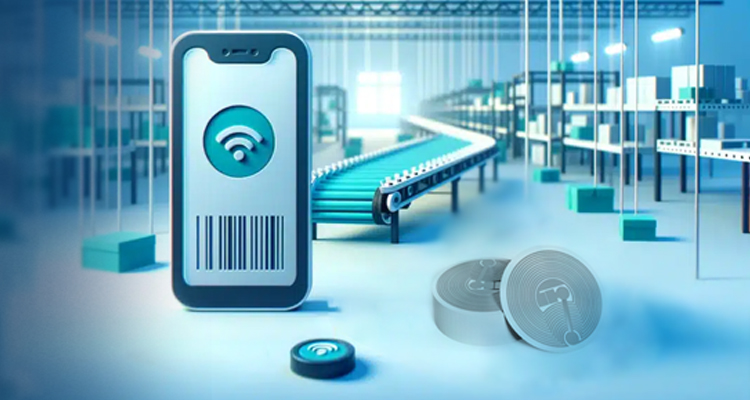


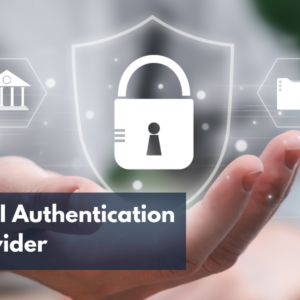








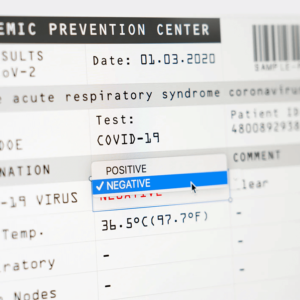
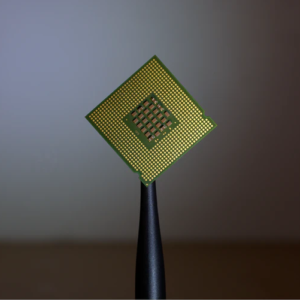

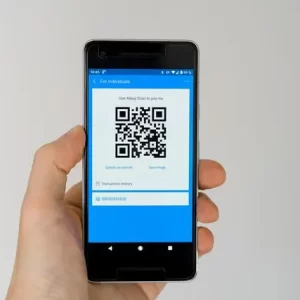





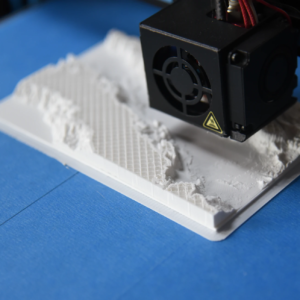
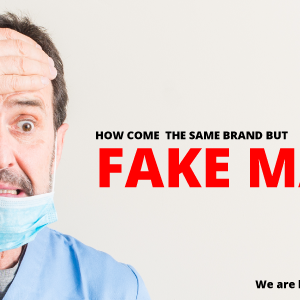
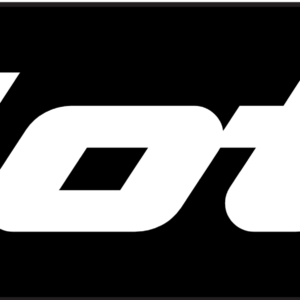


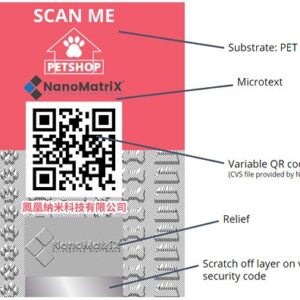


Recent Comments